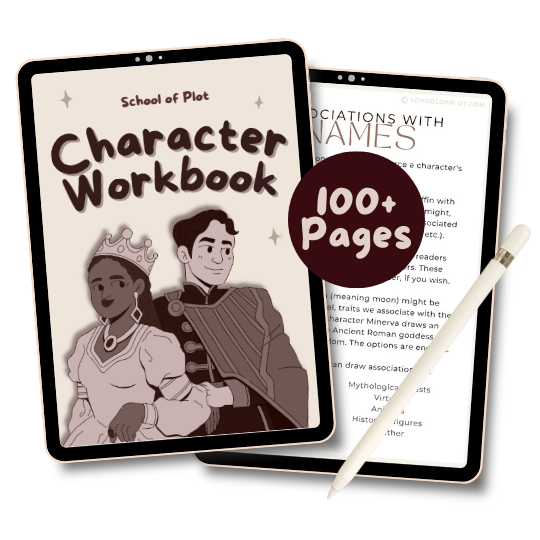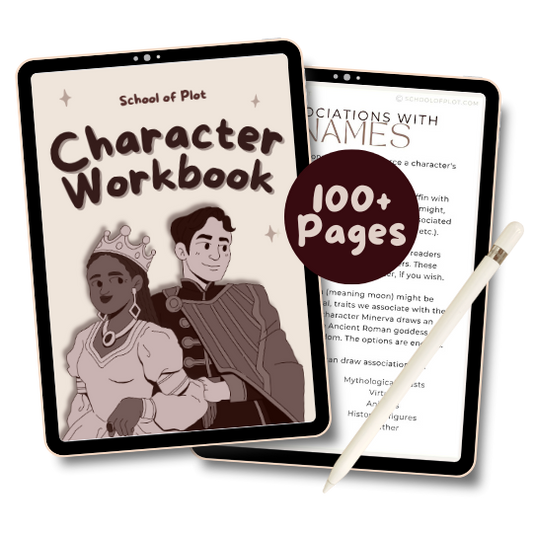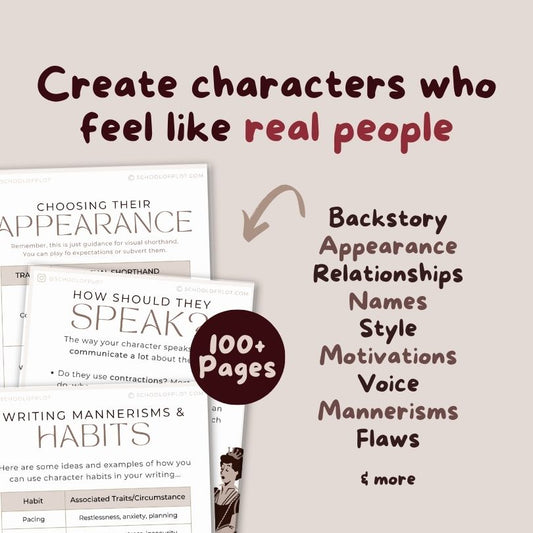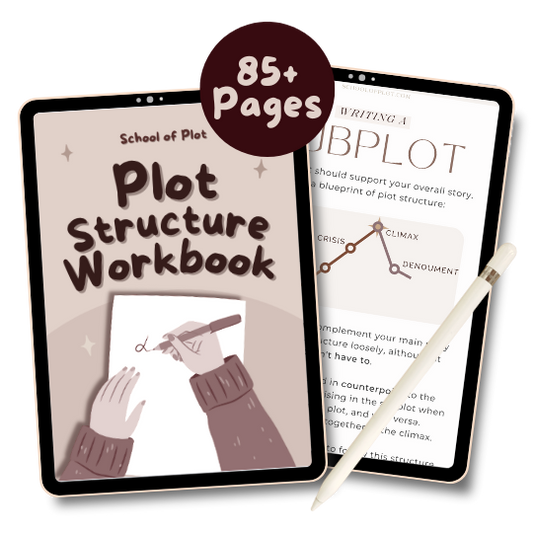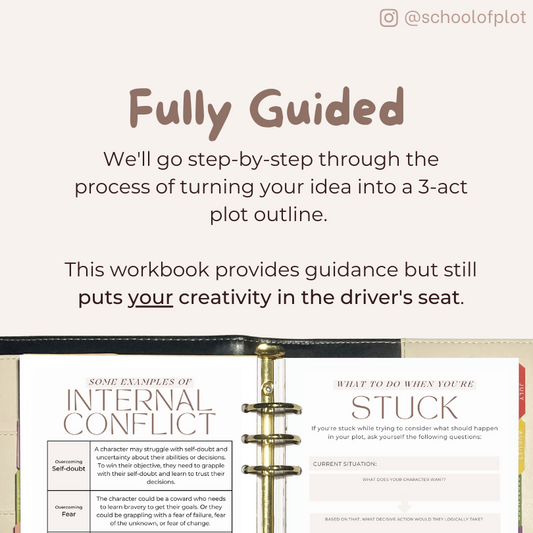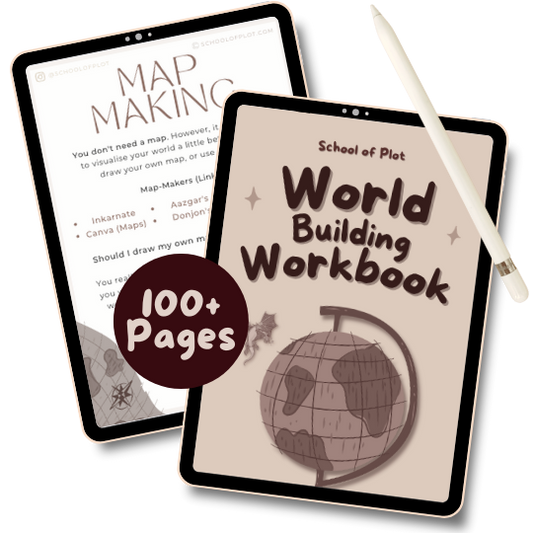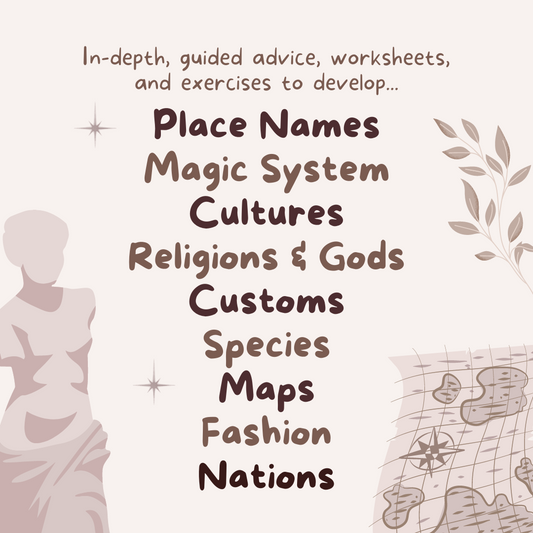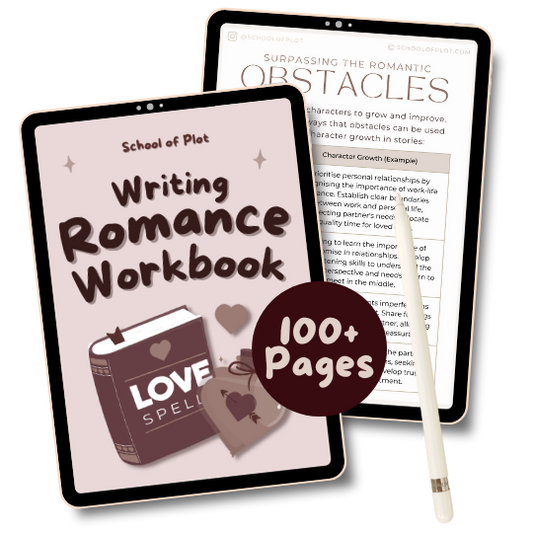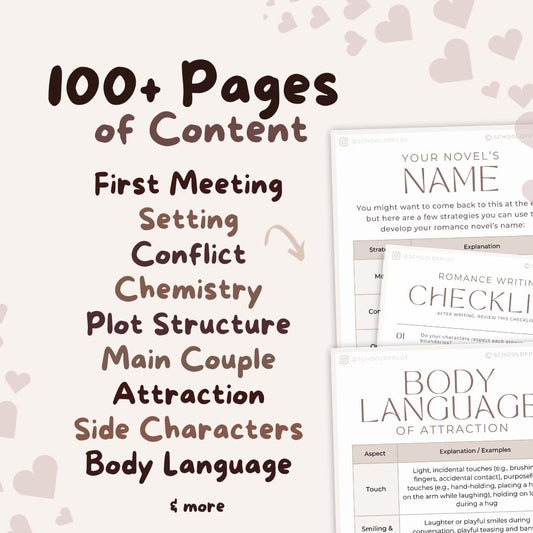I read the first pages of 200 novels. While you might be picturing me squatting like a gargoyle in a bookshop for fun, throwing books over my shoulder into an ever-growing mountain, the process was far neater than that. It was also paid.
I was lucky enough to be a judge on a writing competition called First Page Frenzy where writers submit the first page of their manuscripts. I was invited to pick my top 5 first pages from roughly 200.
As someone who hopes to get her novel traditionally published one day, I was thrilled at the chance to sample the other end of the process. Literary agents sift through hundreds of first pages in order to find one that catches their eye. I wanted to see what sort of techniques grabbed my attention, and what sort of writing led to an eventual ‘no’.
I made notes on what delighted me as well as common mistakes and some tropes I saw crop up again and again so we can all polish our first pages. For a full 30 min breakdown on the process, you can listen to this episode of Writing Club on Spotify or Apple Podcasts.
Here’s what I learned...
I loved when writers trusted their readers
You really don’t need to spell everything out to your readers. Little hints can be fun to unravel. I always admired it whenever I saw a writer efficiently pack a lot of information into a small sentence.
- Show, don’t tell (let us figure stuff out) OR
- Show and tell (sometimes back up what you say with evidence so we feel it’s true)
For example, if a character starts fiddling with their taped-up glasses when they hear their step-father’s footsteps, readers can put two and two together.
Instead of being told directly about a character's emotions or intentions, readers get to infer them from the details provided. This makes the writing feel less surface-level, less like a Sparknotes summary. It engages the reader's imagination.
This also applies to personality traits. What a character does in a situation reveals more about their personality, motivations, and conflicts than simply being told what they are like.
I break this down in more detail in this week’s episode of Writing Club as well as some more examples. You can listen to it on Spotify or Apple Podcasts.
That said, it's fine to break this rule from time to time (as with any writing "rule"). You can always balance "showing" with moments of "telling", especially for moments where you don't want to slow down the narrative. Just telling is faster.
I'm going to provide some quick examples here. They're a bit intense, but hopefully they drive the point home.
Just Telling |
Showing not telling |
| She was sad that her dad died but she's repressing her feelings about it. | She wiped her eyes roughly, dropping her gaze to the carpet. Anything to avoid looking at her father's urn. She couldn't cry here. |
| The food tasted bad. | He set down his fork with a clatter, scrambling for water. The soup's bitter aftertaste made him gag. |
| The city was bustling with life. | Cars honked as tourists weaved through the traffic. Businessmen shouted for taxis, raising their voices over the food vendors and clattering construction. |
| He was tired. | He yawned and rubbed his eyes. Another coffee would be nice. He glanced at the clock, exhausted, and wondered if he'd make it through the meeting without collapsing through the table. [See this one's showing and telling!] |
A LOT of stories opened with visceral imagery
At an estimate, over 50% of the first pages I read opened with gorey imagery or violence. This isn’t bad by any means. The intent seems clear: to shock readers and make a big impact.
The thing is, when the majority of work I’m reading is similarly violent, nothing feels more shocking than something contrastingly mundane. A first date scene among 10 battles and sacrifices caught me off guard.
I can’t possibly use my limited experience to say that this is what it’s like for agents and editors, but the popularity of violent openings was interesting to me.
This could also just be a "me" problem. The other judges all chose stories with violent openings in their top 5s so please don't change your gory first scene just because I've said all this. Just know that you're in copious company.
Big words aren’t necessarily better
I don’t think you always need to use a small word over a big one (sometimes longer words are more colourful!) but it often gets distracting.
Smaller words tend to be more ‘invisible’ whereas longer or rarer words draw our attention. If you’re drawing our attention to a word, do it for a reason. Sometimes a smaller word is less obtrusive and even more descriptive than a short one.
For example, “the fox raced out of his burrow” reads cleaner and more descriptively than “the vulpine creature, russet thief of the night, departed his subterranean dwelling”.
Maybe the second one could be used for comedy. There’s no wrong way to write, but make sure you’re doing it with intent. There's also the question of voice and personal preference. One person's purple prose is another's great literature.
Strong narrative voices sucked me in fast
Narrative voice is the voice the story’s told from. It’s the eyes your reader sees the story through. This is usually a character (in 1st or close 3rd person) but can also be some sort of omniscient narrator.
When we’re seeing a story through a character’s eyes, giving them a distinctive voice immerses your reader far faster than being generic.
This isn’t just for dialogue. When you’re describing things, think about:
- What sort of vocab your POV character would use
- What sorts of things would they notice versus what would they normalise?
- How do they view the world? Do they lament over how depressing everything is, or do they have a jokier outlook?
This has all made me slightly (0.0005%) stressed, but in a productive way
I can't claim to know what life's like for a literary agent, but this process has given me a glimpse into what it's like to read so many people's novel openings. As someone who wants to get traditionally published one day*, I'll be on the other end of that process and it's stressed me out a little.
There are so many great openings that I didn't choose for my top 5 simply because there were stronger ones. I can also acknowledge that, while I tried to stay impartial, my own tastes must've played a role in my selections.
I'm trying to be chill about this. If anything, it's a great reminder not to take rejection personally and to really put my nose to the grindstone working on my opening. That first paragraph alone does a lot of heavy lifting, so I'm going to work on option after option until I find one that I'm happy with.
*You can hear about my fantasy novel in another episode on Spotify or Apple Podcasts. So many podcast plugs, sorry.
